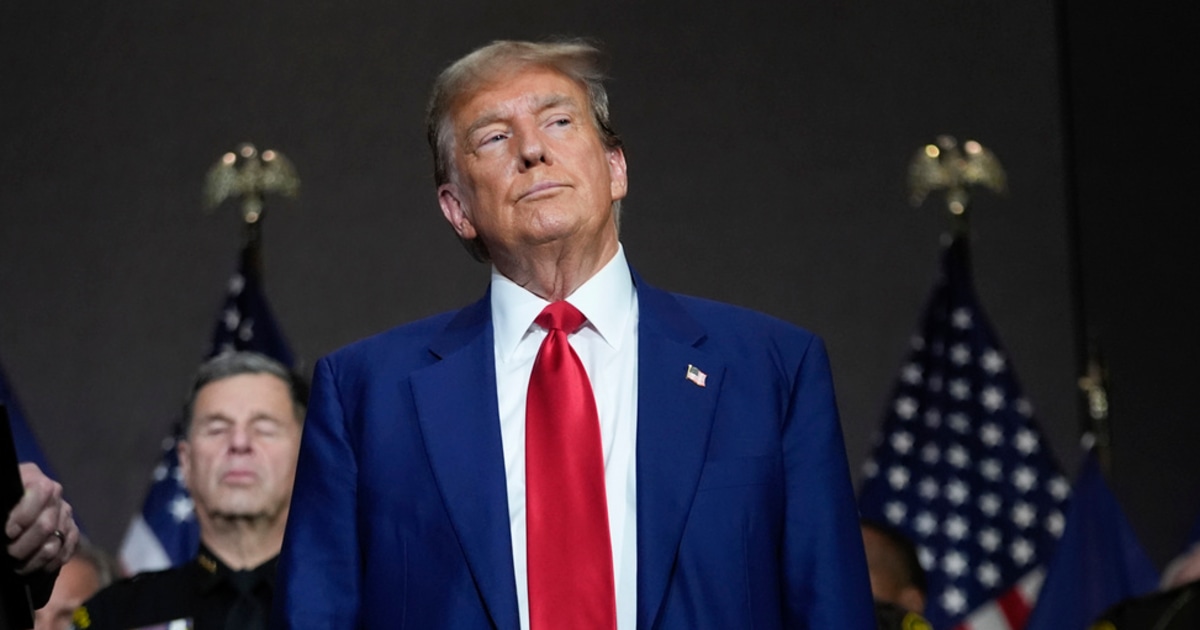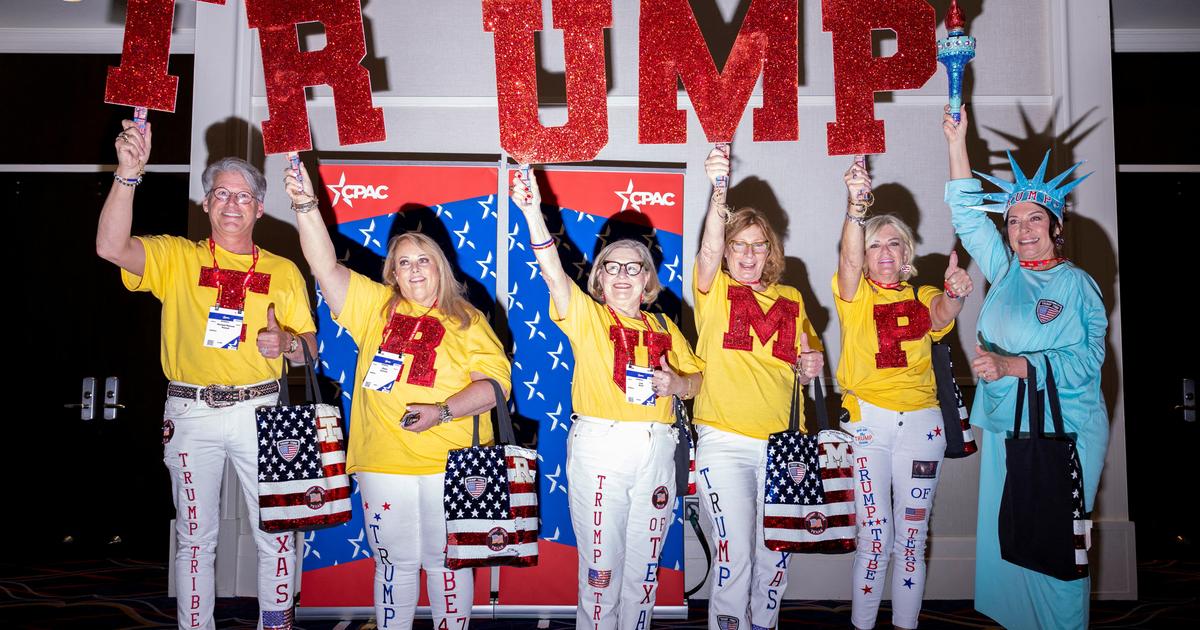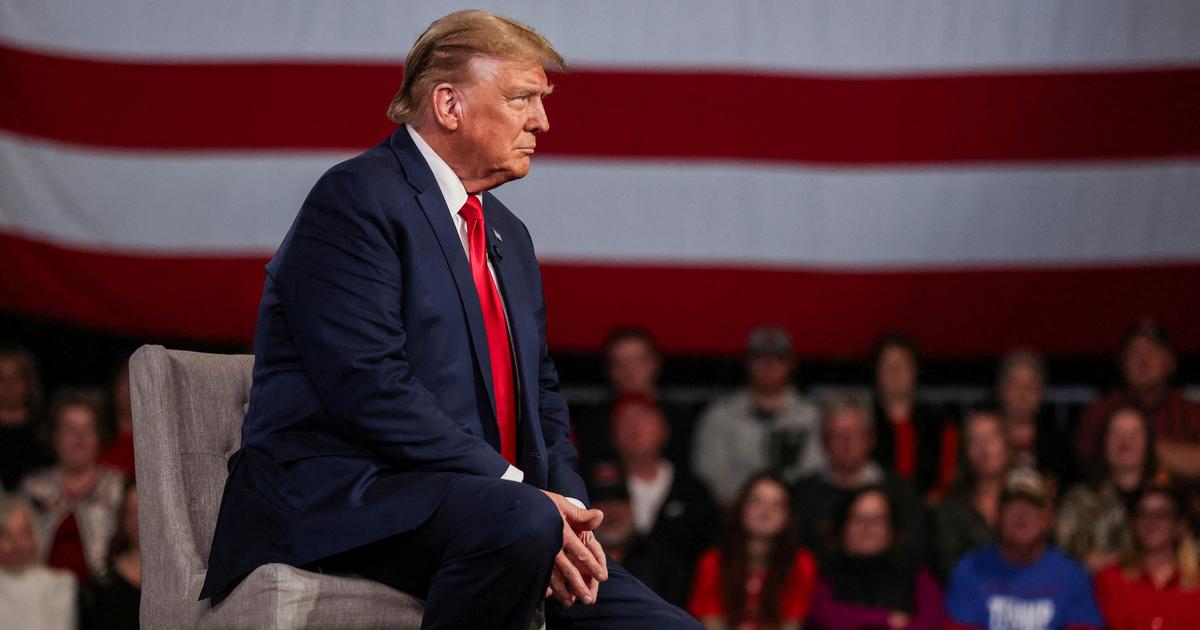The ball is now in the court of US Attorney General Merrick Garland.
On Monday, a vast parliamentary inquiry concluded that Donald Trump, former US president from January 2017 to January 2021, was directly responsible for the assault on the Capitol, the seat of the US parliament, on January 6, 2021. Merrick Garland finds himself under pressure to criminally indict the former head of state.
But other scenarios remain at the choice of the "Attorney General", the Attorney General, the other name of the Minister of Justice, who finds himself on the front line in this extremely political file and likely to reshuffle the cards of the presidential election. 2024. Neither Merrick Garland nor his department are bound to follow the recommendations of the commission of elected officials who unanimously voted in favor of criminal charges against Trump after an 18-month investigation.
Merrick Garland, well aware that not a single former American president has been indicted for a crime in the history of the United States, will most certainly want to first ensure that he has a solid case before risking himself. Act.
The 70-year-old lawyer is known for his reluctance to get involved in political affairs and he knows well that by indicting Donald Trump, he would permanently tarnish the image of neutrality he cultivates.
The call for insurrection: the heaviest charge, but the most difficult to prove
This is also partly why he appointed on November 18 a special prosecutor supposed to be independent, Jack Smith.
He is responsible for studying in particular the role of the ex-president in this chaotic day of January 6, 2021 which saw American democracy waver.
Prosecutor Smith resumed work already well advanced by the dozens of federal prosecutors and police officers from the FBI, the American federal police, who gathered a mass of evidence on the Republican leader's maneuvers to challenge the 2020 presidential election and the actions of his supporters that led to the unrest of January 6.
He will be able to gauge whether or not to prosecute the former business magnate.
In the first hypothesis, he could favor charges different from those recommended by parliamentarians.
But it is to Merrick Garland that it will be up to ultimately validate any prosecutions.
The elected officials recommended that Donald Trump be targeted by four charges: call for insurrection, conspiracy against the state, obstruction of an official procedure (certification of a presidential election) and false declarations.
The call for insurrection is the most serious charge that the 76-year-old ex-president, self-proclaimed candidate for the 2024 election, could be accused of. But it is also, according to experts, the most serious charge. difficult to prove.
US authorities have avoided using this charge in their prosecution of the Capitol rioters.
A very experienced magistrate
A law graduate from the prestigious Harvard University, Merrick Garland will have to work to convince as many Americans as possible that his actions are guided by the law and nothing but the law.
This while Donald Trump vehemently denounced on Monday “phony” charges, according to him intended to derail him in his trajectory back to the White House, the seat of the American presidency.
The "Attorney General" has already experienced in his career as a prosecutor and magistrate the weight of cases of national importance, such as that concerning Timothy McVeigh, the author of the Oklahoma City bombing, which killed 168 people in 1995. He also coordinated the accusation against Ted Kaczynski, an environmental activist nicknamed "Unabomber", whose attacks have traumatized America.
Later, in 2016, then a judge at the Federal Capital Court of Appeals, Merrick Garland suddenly came out of anonymity when he was chosen by Barack Obama, president from January 2009 to January 2017, for a seat as a judge at the Supreme Court.
But, in an already very tense political climate, he had not been confirmed in the Senate, the elected Republicans then in the majority even refusing to meet him.




/cloudfront-eu-central-1.images.arcpublishing.com/prisa/UAEV4PQKWFSS6AZSG2N7HWOKZI.jpg)










